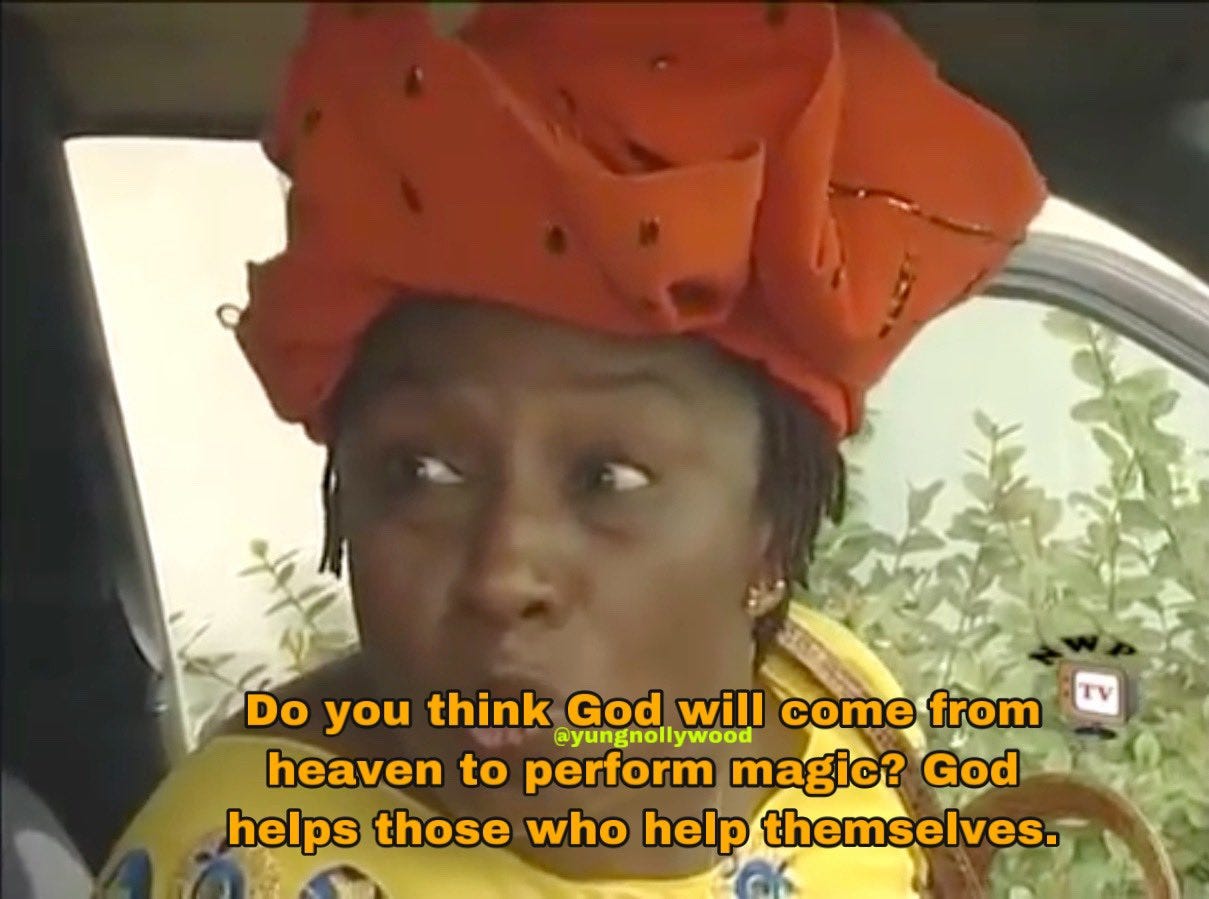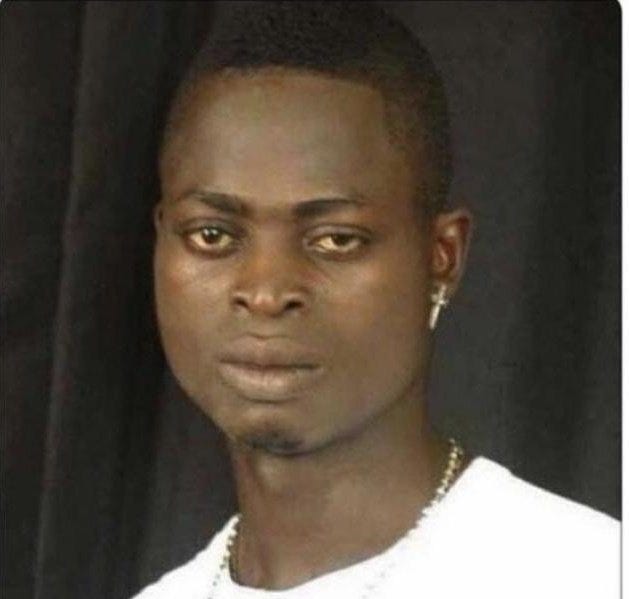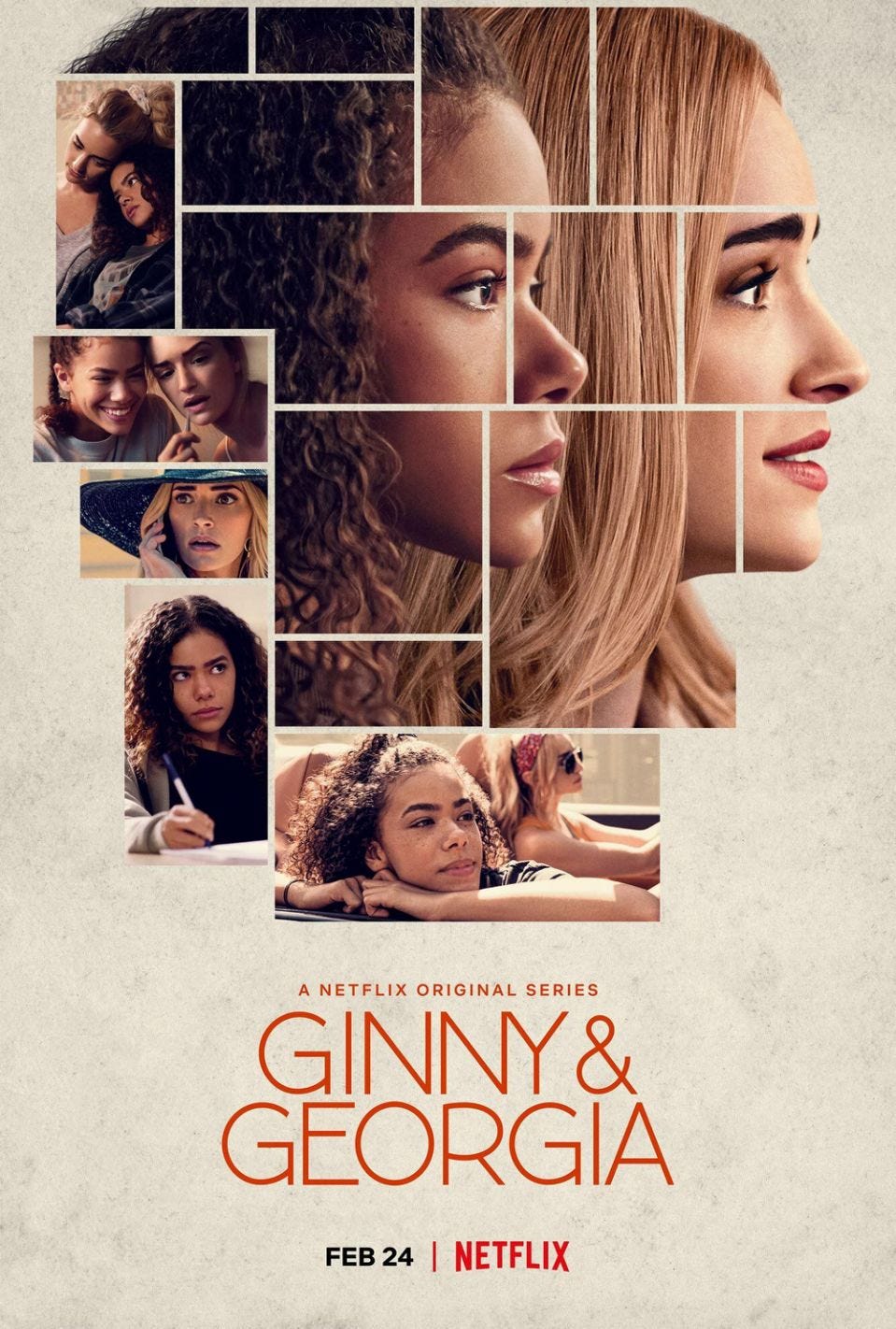Issue 24: Building The Future Of African Literature
Some parish news and an interview with the founding editor of one of my favourite litmags. It's short, I promise.
Hello you. Yes, you. How are you? Feel free to reply me.
I have nothing to review this week, mostly because I’ve been busy with school and work. Today’s letter is updates and parish news. I’ve been reading a lot of articles around newsletters and product management — so work. My role is transitioning from core editorial to well, those things. Leave me tips if you have them, I’ll be happy to read.
Last Saturday, I took a long walk with one of my classmates into the city. We talked about cancel culture, literature, tradition, and travel. The view was beautiful: the sun was out, the weather was warm, people sat in parks. It felt nice and almost normal. Except when I saw face masks.
I’ve been watching (often absent-mindedly), shows like Ginny and Georgia, Firefly Lane, and Gilmore Girls (please don’t see this as a recommendation. Refer back to absent-mindedly.) There’s a pattern to what I watch. I love shows focused on women.
So I got two ideas recently: I want to write more profiles about women (commission me if you’re an editor. let’s talk if you want me to write about you) and vignettes about particular experiences in the lives of older people (If you’re 60+ or know someone whose 60+, please connect me.)
For this week’s letter, I had a chat with Troy Onyango, the founder of Lolwe Magazine. My story, “The Caller”, about the weird man who sex calls women, was published there in 2020 — I’m not sure of a better home for it. I’m very fascinated by the work Troy is doing, especially in building a space for young creatives and as a result, setting the pace for what the future of literary publishing in Africa looks like. Building a literary magazine is a work of passion. I spoke to Troy about building Lolwe and the process of publishing wonderful stories. What strikes me is the amount of care and love each story recieves, something not quite common with litmags. Here’s our conversation:
Why did you feel the need to start Lolwe?
The Pan-African literary space has always and will continue to need more platforms that curate work. There are so many stories that aren’t being told yet just because the platforms are not enough. With Lolwe, I wanted to read work that is bold and challenges the set-in-stone/traditional ideas of storytelling—both in language and themes. I wanted to see what a conversation between the African and Caribbean and Black diaspora would look like. I wanted to a space to archive Black imagination and see what people could do with their fiction, essays and poetry beyond the usual. That was all I had in mind. Platforms like Bakwa, Saraba, and Chimurenga have done an amazing job and there is still need for more. Lolwe fits in to help with that work. They were my inspiration. I also looked at international models like Granta and The Paris Review in my research to see what their best practices were. Ultimately, I went back to Black Orpheus and the beginnings of Transition and that made me see the need for Lolwe.
What does one keep in mind when building a literary platform?
Haha the first step is to erase the idea of ‘financially lucrative’ from one’s mind. That aside, I think you have to be in love with the work. You have to want to do it. That way it can be rewarding even when there’s no money coming in. Also, you have to just start. Most times we tend to overthink such things but as long as you know why you want to do it, I would tell anyone to just start.
But it does sound like a lot of work: finding the stories, editing, publishing, ensuring that the stories travel. How are you able to stay consistent?
I’d be lying if I said I do it all alone. I have a wonderful support system of writer friends who encourage and help me out when needed. The model of having guest editors for each issue also ensures that I get to see different perspectives and we get to help each other through the workload. Starting this year as well, Moso Sematlane, who is a very talented writer and editor, has been part of the team. It has been beautiful to see all these hands (seen and unseen) shaping Lolwe.
It's been a year, what are some of the biggest things that you've learned about the literary space and about writers?
My biggest lesson so far has been to put the fear down and just do the work. It’s the work that counts. I am so grateful that people have shown faith in the work we do and that allows Lolwe the room to keep doing the work. The readers and the writers both keep the platform alive. Without them, Lolwe wouldn’t be here.
Do you have a favorite story so far? I know it’s hard to pick a favourite child lmao.
I like to think of all the stories there as my children and as such I can’t have favourites. I have equally enjoyed seeing them go through the editorial process and I like seeing how readers respond differently to them. I have standout pieces but that’s only because I look at them in terms of the potential for the writers in future.
What has the reception been so far?
The kind of love and generosity that Lolwe has received and continues to receive is something that gives me so much joy. I wake up and sit at my desk when editing stories and I look at the work in awe because I never believed something like this to be possible. My “measure of success” perhaps is the volume and diversity of our submissions. For each issue so far we have received over 700 submissions and they come from parts of the world where I didn’t even think people read Lolwe. That and the fact that in each issue we have a very young writer with such immense talent getting published and that, I think, makes it all worth it.
What does growth look like for Lolwe in the near and far future?
Last year I introduced the Lolwe Classes and that has greatly expanded the idea of Lolwe beyond just a magazine. The plan is to add an editorial mentorship programme and that will be announced soon. Also, I just want us to continue publishing more and more Black people wherever they are. If we get funding, I hope to adopt the hybrid model of print and online publishing. Someone told me those covers are too good to not be in print and I agree.
For me, the far future means Lolwe growing and gaining it’s footing and becoming ‘endless’ just like it’s name.
Things I enjoyed this week:
I just realised I never shared this article I wrote for Bitch Media: Under the Red Light Privacy Concerns Abound with the Silhouette Challenge
I don’t know what I’m writing next week, but hopefully, I get to share someone’s story with you. Don’t forget to like, comment, share! Have a good weekend!










Love 'put the fear down and just do the work.' (Also enjoying 'Firefly Lane'! Proper cosy viewing! And a tender, fresh take on the experience of being a woman in mid-life) x